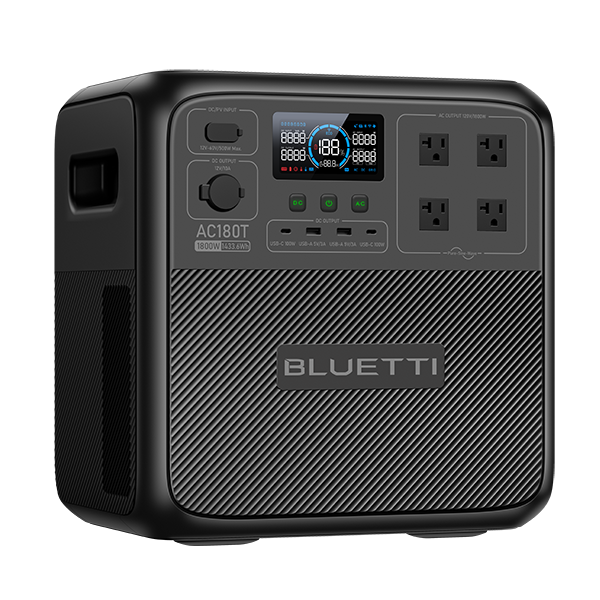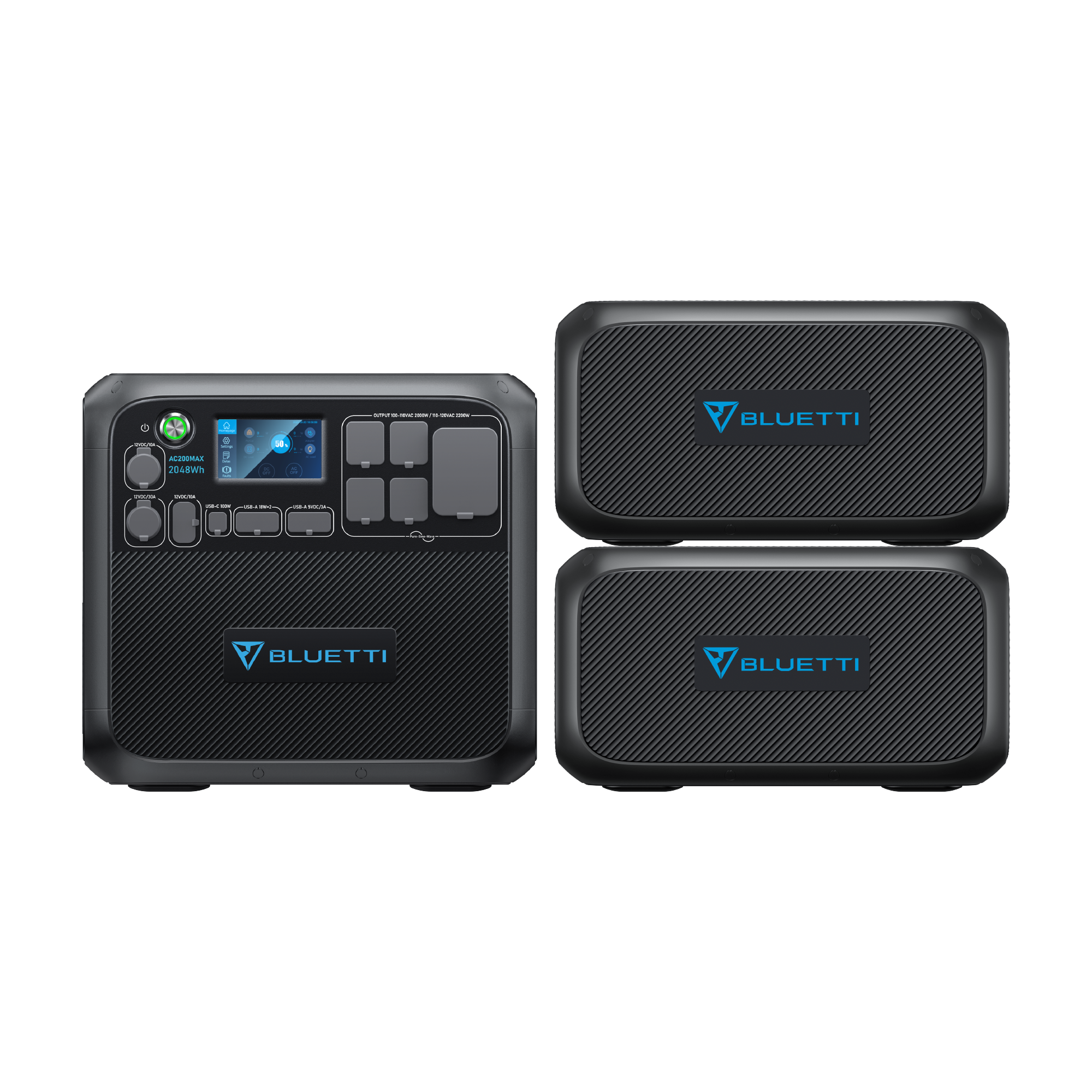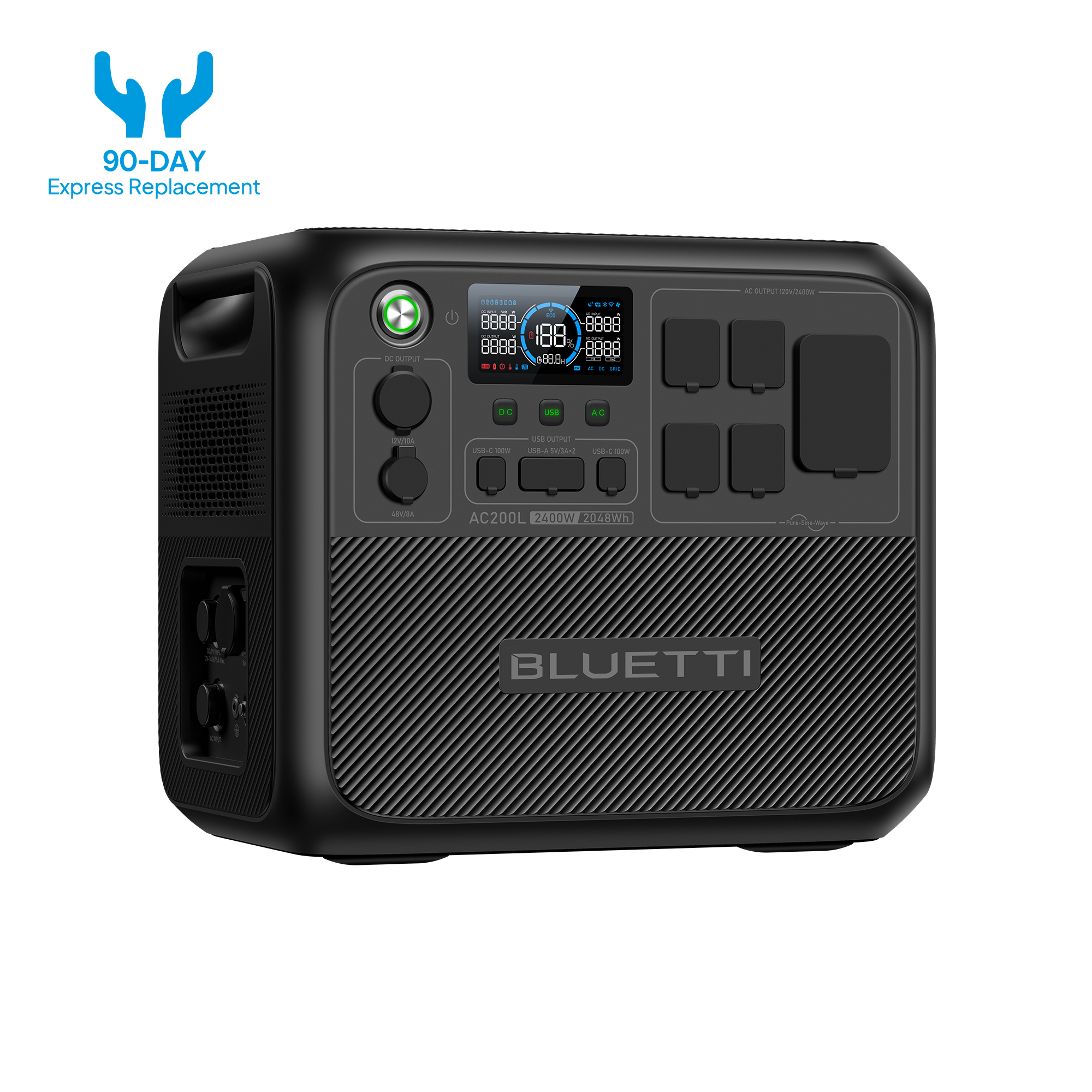If you live in areas without tapped water, drilling a well is one of the most viable options to access drinking water. But how do you move it from the depth of the well to the surface? This is where well pumps come into play. They help you pump water from shallow or deep wells with ease. And understanding how many watts a pump uses can help you reduce energy costs.
Definition of Well Pump Wattage

Before you can determine how many watts a well pump uses, we need to look at some background knowledge. There are a few terms used to describe the performance of a well pump. They include the following:
Amps(A): This is the measure of electric current flowing through a circuit. It is also referred to as Amperes.
Volts (V): Voltage is the measure of the electric current speed passing through a circuit.
Watts (W): This is the energy consumption of a device. All household appliances including well pumps have a wattage rating.
Kilowatt-hours (kWh): It is the energy consumption over a specific period of time.
Horsepower (HP): It is a power unit equal to 746 watts.
Well Pump Wattage
The wattage of your well pump will depend on several factors such as its type, size, and horsepower. That said, smaller well pumps can consume between 400 and 500 watts while larger units can consume anywhere from 2000 to 5000 watts. On average, a typical well pump will consume between 700 and 800 watts.
The pump type plays a critical role in determining the wattage consumption. There are different types of pumps such as cylinder, submersible, jet, and turbine pumps. And each has a specific wattage rating. We recommend choosing a well pump that has ample power rating. Most homeowners recommend using a submersible unit since it works in all depths: shallow and deep wells. However, it requires more power.
The depth of the well is also another crucial aspect in determining the wattage of a well pump. Ideally, deeper wells will require more power to move water to the surface. As such, choose a pump that can adequately handle the depth of your well.
The pump’s size plays a critical role in determining wattage rating. Larger pumps will have a higher rating than smaller units since they are designed to move more water. But that’s not all, you should also consider the water volume you intend to move. Smaller volumes require smaller pumps and vice versa.
Also consider the efficiency of the well pump. As you’d know, high-efficient pumps use less energy but offer exceptional performance. Before buying a well pump, consider its efficiency rating.
As you can see, a well pump’s wattage is a crucial aspect to consider for homeowners on the move or living off-grid. It is an indication of energy load and cost. This means you should use one that will move ample water cost-effectively.
How Many Watts Does A Well Pump Consume?
How many watts a well pump consumes is a crucial consideration since they can consume a lot of energy, especially when moving water from deep wells. And this can increase the energy cost and load. While you might pump water during off-peak hours when the electricity tariffs are low, the cost will eventually add up.
As mentioned, a typical home well pump will consume between 700 and 800 watts. But that’s a general figure. Let’s look at the wattage rating based on a pump’s horsepower. And as you know, a horsepower is equal to 746 watts. Here’s a breakdown of the most common well pumps.
|
Pump Motor Size |
Starting Wattage |
Running Wattage |
|
0.3HP |
1500-3000 watts |
750 watts |
|
0.5HP |
2000-4000 watts |
900 watts |
|
0.75 HP |
3000-4500 watts |
1500 watts |
|
1 HP |
4000-6000 watts |
2000 watts |
|
1.5 HP |
5000-7500 watts |
2500 watts |
|
2 HP |
7500-12000 watts |
3750 watts |
|
3 HP |
10,000-16,500 watts |
5000 watts |
What Generator Size Do You Need for Your Well Pump?
If you are living off-grid or want to use an alternative source of energy, you will need a robust generator. As mentioned, generators consume a lot of electricity. And since you’ll not be using the grid, you might need a generator that can pump water for an extended period.
While you can use a fuel generator, it comes with its share of downsides. For one, you’ll need to consider the cost of fuel everytime you want to pump water. So, if you are a large family, the cost can add up quickly. Furthermore, fuel can be hard to come by if you live off grid.
Another disadvantage is they are environmental pollutants. From emitting harmful gasses to noise pollution, they can be a menace to you and your neighbors. Finally, large fuel generators are expensive and bulky. And since you’ll need to install them outside your house, you’ll have to construct their shelter, which is also costly, time consuming, and will require a permit, depending on your local laws.
This leaves you with solar generators as the most viable option. Not only are they cost-effective, but also quieter, easy to use, and eco-friendly. The chief aspect you need to consider when buying a solar generator is the starting and running wattage.
Since well pumps have a significantly high starting wattage, you’ll need a robust solar generator. The starting wattage is the peak power a well pump needs to start while running wattage is the power requirement when operating.
For the best solar generators, consider buying BLUETTI units. They come in different sizes and power ratings. Whether you are using a 0.3 HP or 2 HP well pump, there’s a generator that can meet your needs.
Best BLUETTI Solar Generators for Well Pumps
BLUETTI AC180T Portable Power Station
The BLUETTI AC180T is an ideal option if you’ll be using a 0.3 HP or 0.5 HP well pump. It features a 2700W starting wattage which is adequate to start your well pump. And thanks to the 1800W rated power, you can rest assured the pump will run smoothly. It comes with a 1,433Wh capacity so you can run your well pump for a few hours.
And since it is a solar generator, you can charge it as you move the water. But that’s not all, you can plug it to other power sources such as a lead acid battery or AC outlet and still pump water with ease. Should the battery get depleted, you can swap it with another one. As you’d expect, the generator is quiet, eco-friendly, and easy to use.
BLUETTI Portable Power Station AC200L
The BLUETTI AC200MAX comes with impressive power for powering a wide range of well pumps. This model is ideal for 0.3 HP, 0.5 HP, and 0.75 HP well pumps as it comes with a starting wattage of 4800W. The robust 2200W running wattage ensures the well pump runs seamlessly. With a 2048Wh capacity expandable to 6144Wh or 8192Wh means it can run the well pump for hours.
The lightweight and portable generator can be placed on the ground or an elevated surface. And since it is water and dust-proof, you can use it outside with peace of mind. The unit offers quiet operation without emitting harmful gasses. What’s more? You get seven charging methods including solar and AC. And there’s an app to help you monitor its performance.
BLUETTI AC200L Portable Power Station
This is yet another solar generator ideal for small well pumps. Equipped with a 3600W starting wattage and 2400W running wattage, the unit is ideal for running your well pump for an extended period. It also has a 2048Wh impressive capacity, powering your well pump well beyond an hour.
Like most premium solar generators, it is quiet when running and the LiFePO4 battery ensures ample power output so you can move water from deep wells. For best and eco-friendly performance, you can connect it to solar panels to recharge it. If that’s not possible, you can recharge it with your car, a lead acid battery, or use an AC outlet.
Benefits of Using Solar Generators
Using solar generators has many benefits. For example, there’s no pollution. They do not produce water, noise, or air pollution. They are quiet and eco-friendly. This is unlike conventional generators that are noisy and produce toxic gasses.
Solar generators are also cost-effective. While the initial investment is significantly high, the cost of running them is negligible. For one, they do not need maintenance. Secondly, they do not run on fuel, meaning you don’t have to buy gasoline or natural gas to run your well pump.
They afford you energy independence allowing you to draw water from well in off grid areas. Furthermore, you can use the solar generator for other needs such as lighting and cooking.
Final Thoughts
So, a typical well pump will use at least 700-800 watts. However, factors such as size, type of the pump, and depth of your well will determine the most approximate wattage use. Consider using solar generators to run your pump since they are cost-effective and eco-friendly.










































































